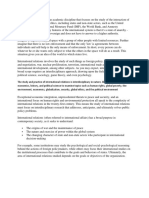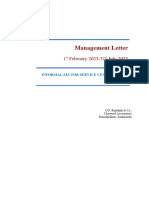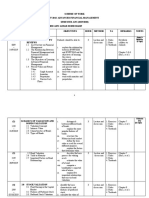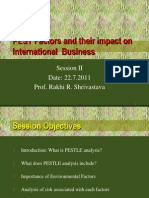0% found this document useful (0 votes)
24 views3 pagesIr Notes
International relations involve interactions between states, non-state actors, and international organizations. Realism views states as self-interested actors seeking power, while liberalism focuses on cooperation. Constructivism examines how ideas and norms shape relations. States, non-state actors, and international organizations all influence global politics in different ways.
Uploaded by
Divya SkaterCopyright
© © All Rights Reserved
We take content rights seriously. If you suspect this is your content, claim it here.
Available Formats
Download as DOCX, PDF, TXT or read online on Scribd
0% found this document useful (0 votes)
24 views3 pagesIr Notes
International relations involve interactions between states, non-state actors, and international organizations. Realism views states as self-interested actors seeking power, while liberalism focuses on cooperation. Constructivism examines how ideas and norms shape relations. States, non-state actors, and international organizations all influence global politics in different ways.
Uploaded by
Divya SkaterCopyright
© © All Rights Reserved
We take content rights seriously. If you suspect this is your content, claim it here.
Available Formats
Download as DOCX, PDF, TXT or read online on Scribd
/ 3












































































































